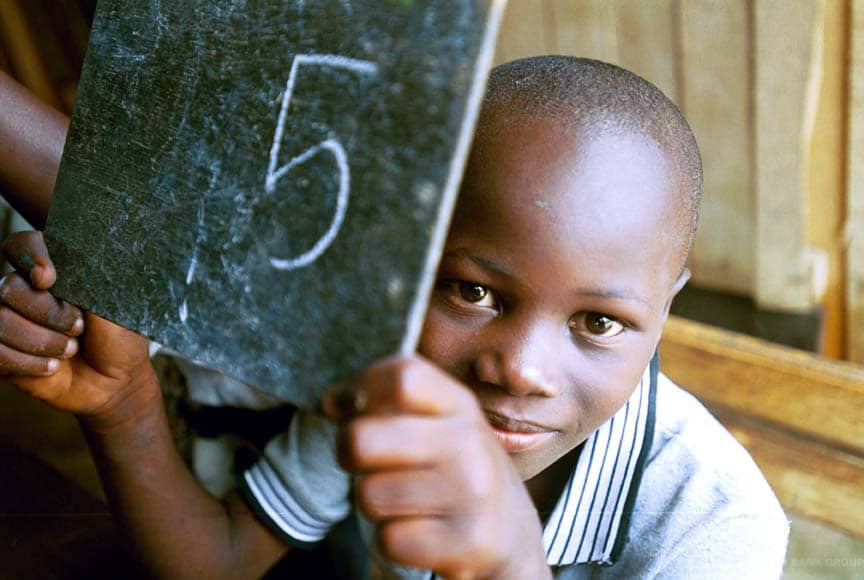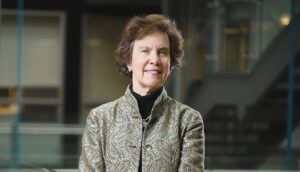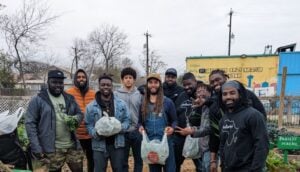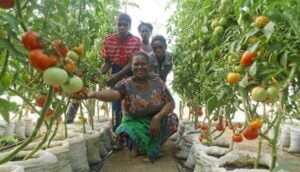Often, people committed to global health are surrounded by statistics – and it can be easy for numbers to lose their meaning.
Our work on maternal and child health issues has shown me staggering gaps in the quality of life for women and children around the world, but even I sometimes have trouble putting data about that suffering into the context of my life. However, one woman who worked to defy her circumstances has brought some new statistics into sharp focus for me.
First, the figures. Last month, Save the Children released a report stating that every year 48 million women give birth without someone present who is trained to intervene if something goes wrong, and that more than 2 million women are in fact completely alone when they give birth. Just two weeks later, The Lancetpublished stark new data showing that more than 2.6 million babies are stillborn each year, almost all in low- and middle-income countries where the number of skilled birth attendants is alarmingly low. Both studies lamented that most complications of childbirth could be prevented or managed successfully with the right care and support for mothers at birth.
I recently had the pleasure of meeting an inspiring woman named Sarah Omega, a community educator and maternal health advocate from Kenya. Sarah is also a survivor of fistula, a debilitating injury from a complicated childbirth, which leaves women unable to control their own bodily waste. Pregnant at 19, Sarah laboured alone for almost a day before a birth attendant was available to intervene, and ultimately she delivered a stillborn baby boy. After months in the hospital and more than a decade of shame and disability, a successful fistula repair surgery in 2007 gave Sarah her life back. But not her child.
Sarah Omega. Image courtesy Johnson & Johnson
Had Sarah given birth in the United States, she may have a very different story – but the acute shortage of healthcare workers in many countries makes motherhood a dangerous proposition.
Without a steady stream of trained health professionals and a system to train new ones, women cannot access basic care or the specialized obstetrics services we take for granted.
AMREF (the African Medical and Research Foundation) is one organization working to change that by training doctors working in rural hospitals throughout East Africa to ensure that more women who need fistula repair surgery receive it. Johnson & Johnson recently expanded its work with AMREF to help nurses in rural villages of Kenya access the foundation’s e-learnin…. With these online learning opportunities, students will be able to continue serving their patients while they update their skills. Nearly 7,000 students had previously enrolled in the programme, and we are confident that this new financing option will expand the reach of healthcare workers to people who need it most.
Sarah Omega’s story gives me hope that the combined efforts of the public and private sectors can make birth safer for women, no matter where they live. I am reminded that even in the face of daunting statistics, there are real people behind the numbers. Courageous women like her sustain my belief that together we can find solutions to problems that seemed insurmountable. Sarah now travels the world, speaking for millions of other women who cannot speak for themselves, because she believes that every time she shares her experience, it gives a woman somewhere a chance for a normal life.










